Welcome back to This Week in Apps, the weekly TechCrunch series that recaps the latest in mobile OS news, mobile applications and the overall app economy.
Global app spending reached $65 billion in the first half of 2022, up only slightly from the $64.4 billion during the same period in 2021, as hypergrowth fueled by the pandemic has slowed down. But overall, the app economy is continuing to grow, having produced a record number of downloads and consumer spending across both the iOS and Google Play stores combined in 2021, according to the latest year-end reports. Global spending across iOS and Google Play last year was $133 billion, and consumers downloaded 143.6 billion apps.
This Week in Apps offers a way to keep up with this fast-moving industry in one place, with the latest from the world of apps, including news, updates, startup fundings, mergers and acquisitions, and much more.
Do you want This Week in Apps in your inbox every Saturday? Sign up here: techcrunch.com/newsletters
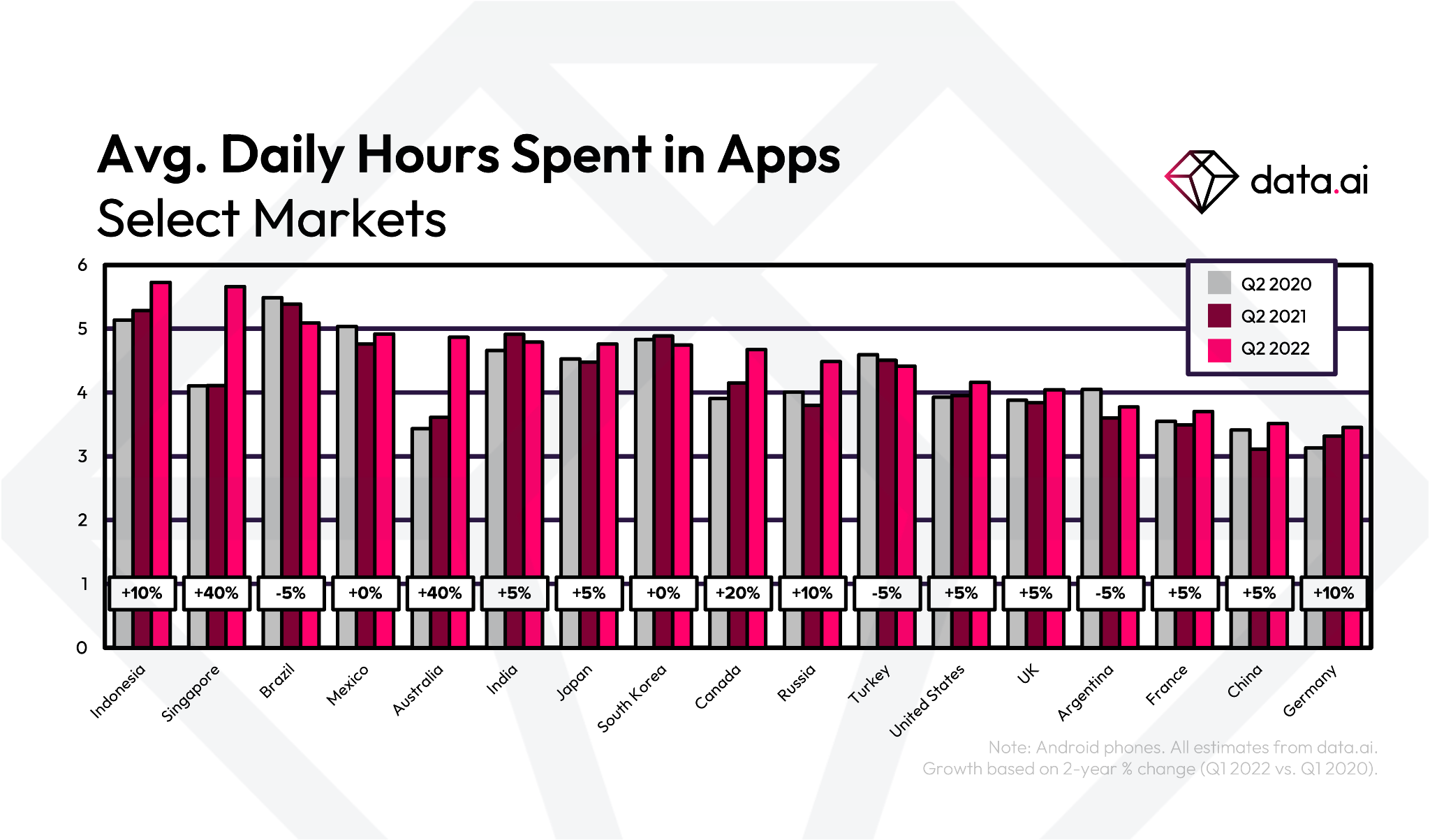
Image Credits: data.ai
Image Credits: data.ai
Looks like we’re all still addicted to our apps! A new report this week from data.ai (previously App Annie), found that consumers in more than a dozen worldwide markets are now spending four to five hours per day in apps. While the daily time spent in apps varies by country, there are now 13 markets where users are spending more than four hours per day using apps. These include Indonesia, Singapore, Brazil, Mexico, Australia, India, Japan, South Korea, Canada, Russia, Turkey, the U.S. and the U.K.
And, in three of those markets — Indonesia, Singapore and Brazil — mobile users are spending more than five hours per day in apps.
While the growth in app usage has slowed a bit from the second quarter in 2020, it’s worth noting that two years ago was the height of COVID lockdowns, which drove app usage to spike across all categories as users worked, shopped, banked, gamed and studied, and attended meetings, school and events from home. If anything, that means the slowdown in growth seen in a couple of the markets is only representative of a normalizing of trends, not a larger decline.
And some markets saw significant growth in app usage over the past two years. In the second quarter of 2020, Singapore users were spending 4.1 hours in apps. Now that’s grown to 5.7 hours. In Australia, users went from 3.6 hours to 4.9 hours from Q2 2020 to Q2 2022. Both represent a 40% rise in time spent.
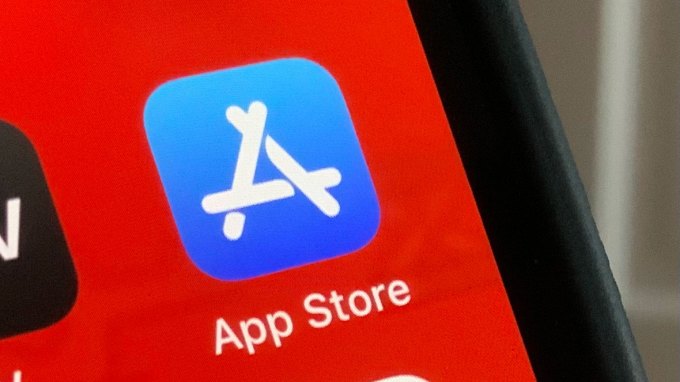
Image Credits: TechCrunch
Image Credits: TechCrunch
Apple is facing another antitrust lawsuit over its App Store fees, this time filed by a group of French iOS app developers who are suing the tech giant in its home state of California. The plaintiffs are accusing Apple of anti-competitive practices in allowing only one App Store for iOS devices, which gives it a monopoly in iOS app distribution and the ability to force developers to pay high commissions on in-app purchases.
The complaint argues that these commissions, on top of Apple’s $99 annual developer program fees, cut into developers’ earnings and stifle innovation — and yet developers aren’t permitted to offer alternative payment methods per Apple’s App Store rules, nor can they distribute their apps to iOS users outside of the App Store, despite Apple allowing this on Mac computers.
The case is now one of several antitrust legal battles Apple is facing, including the high-profile lawsuit with Fortnite maker Epic Games, which is under appeal, and another by alternative app store Cydia.
Developers involved in the class action include Société du Figaro, the developer of the Figaro news app; L’Équipe 24/24, the developer of L’Équipe sports news and streaming app; and le GESTE, a French association comprised of France-based publishers of online content and services, including iOS app developers.
Of note, the case is being led by U.S.-based Hagens Berman law firm, which last year won a $100 million settlement against Apple over App Store policies and recently filed a $1 billion case against Apple over antitrust issues with Apple Pay. The lawyer involved also previously secured a $560 million settlement against Apple regarding e-book price-fixing and a $90 million settlement on behalf of Android developers. In France, Paris-based antitrust lawyer Fayrouze Masmi-Dazi is helping manage the claims.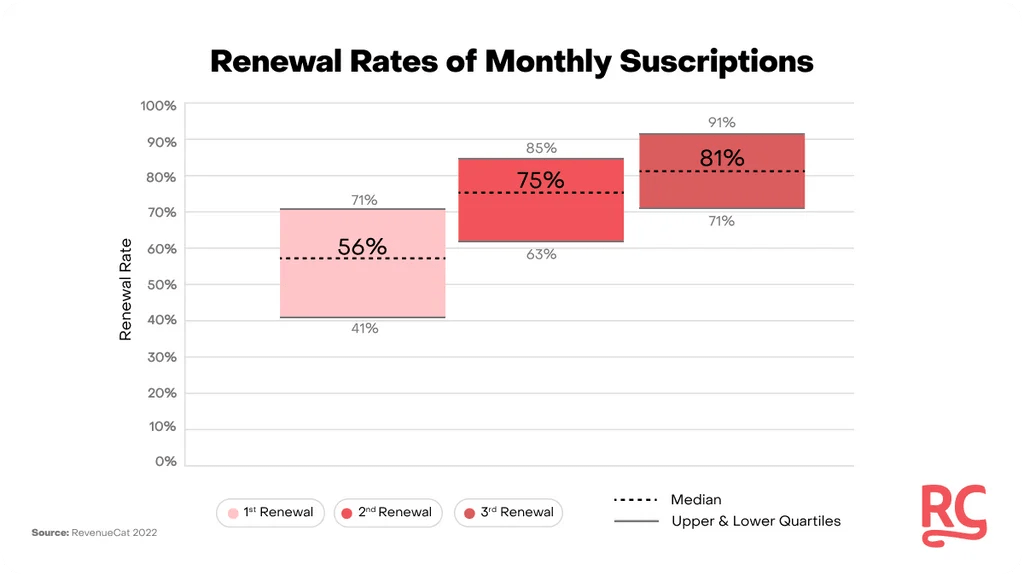
Subscription management service RevenueCat took a deep dive into more than 10,000 subscription apps across iOS and Android to see how subscription renewal rates stacked up. It found that monthly subscriptions had a median first renewal rate of 56%, which would increase over time. In other words, customers who didn’t get value from the app would churn in the first month — an indication of how important it is to convince users of that value in their first days using the service. In subsequent months, renewals were higher — 75% or 81% for the second and third months, for instance.
The company analyzed its own customer base data for the analysis, but notes it’s not showing all renewals on RevenueCat, as that would bias the data toward larger customers, like VSCO. Instead, it looked at the median of each individual app’s renewal rates.
In addition, RevenueCat developer advocate David Barnard pointed out that a lower renewal rate may not necessarily be a bad thing, depending on the business. For instance, if the developer was acquiring users organically at a low cost, a lower rate could be better than a higher renewal rate with expensive customer acquisition costs.
On the @RevenueCat blog today, my colleague Traci shares some benchmarks around monthly subscription renewal rates from 10k+ apps. With the dam finally (!!!) broken, we’re hoping to publish benchmarks more regularly from here on out. https://t.co/1BqTLFU6b1
— David Barnard (@drbarnard) August 2, 2022
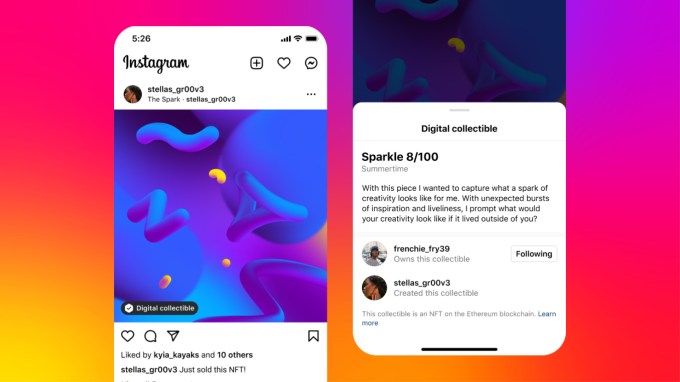
Image Credits: Instagram
Image Credits: Instagram
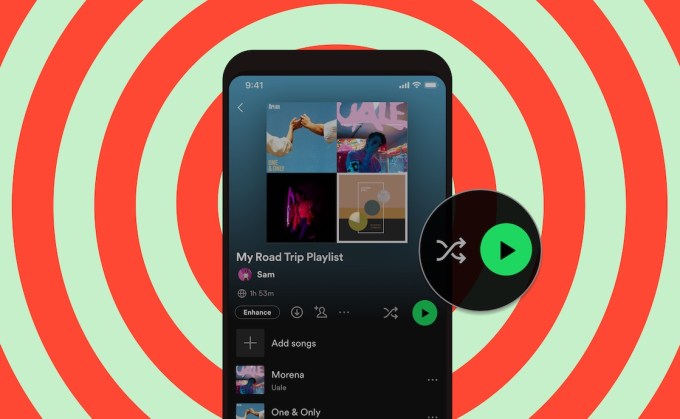
Image Credits: Spotify
Image Credits: Spotify
Spotify wants users to pay for separate ‘Play’ and ‘Shuffle’ buttons
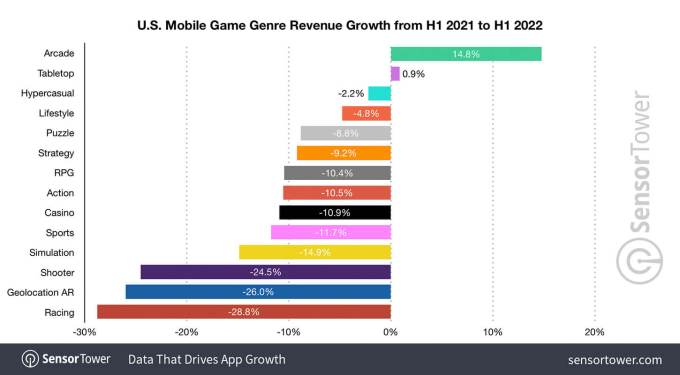
Image Credits: Sensor Tower
Image Credits: Sensor Tower
💰 Dating app Desti raised $1 million in early-stage funding in July at a $5 million valuation. The company also makes a related app for friends, Besti.
📉 Uber to sell stake its 7.8% stake in the food delivery app Zomato for $350 million+ after taking a $707 million loss on the deal in H2 2022.
💰 Locket, a popular app that lets you post photos to your friends’ homescreens, raised $12.5 million in seed funding from OpenAI CEO Sam Altman, Sugar Capital, Costanoa Ventures, along with Instagram co-founder Mike Krieger and Quora CEO Adam D’Angelo.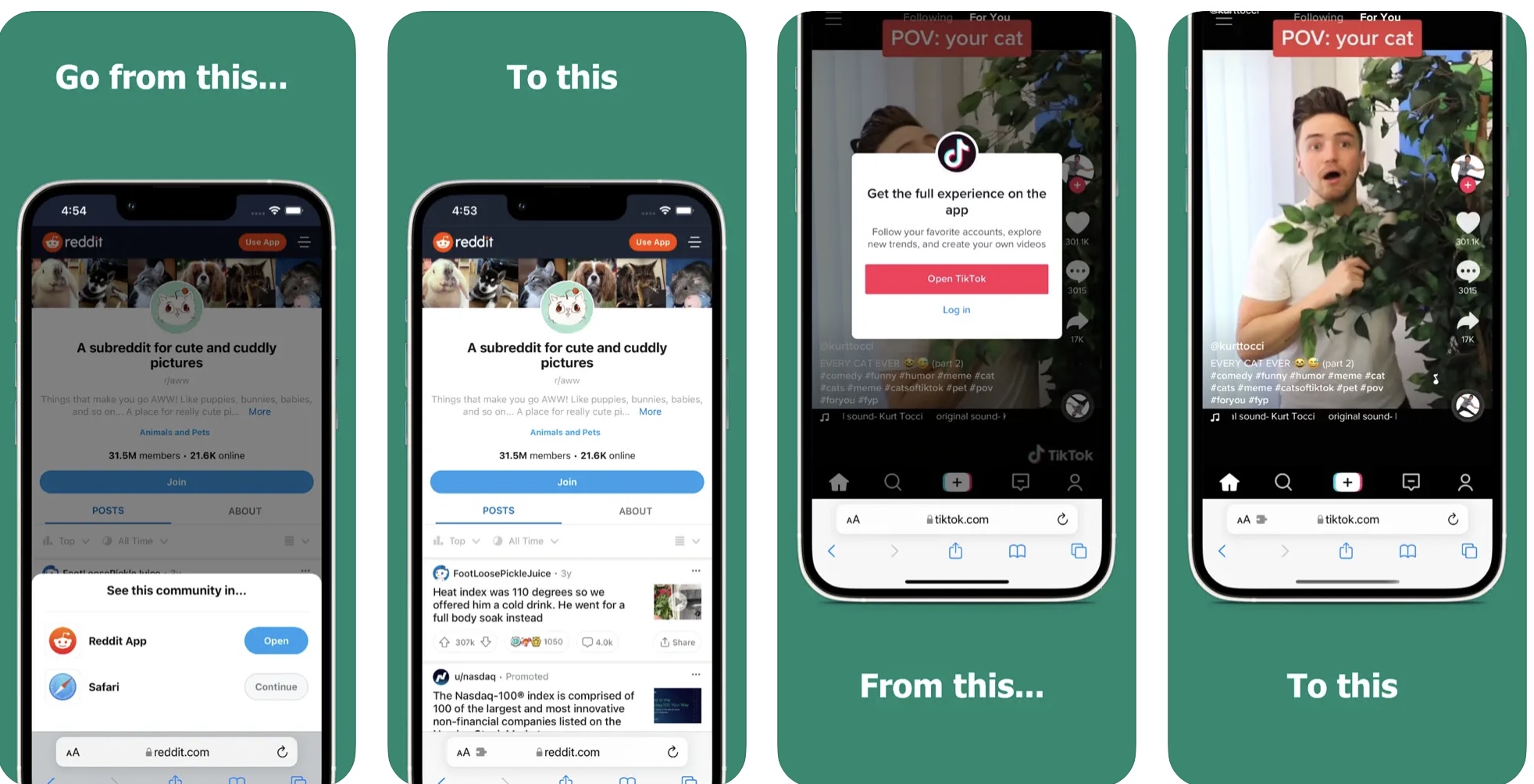
A new app for iPhone users can help you browse the web without being constantly bothered by pop-up panels that beg you to use the company’s app instead. The app, called Banish, is a Safari extension that helps remove the “open in app” banners from various websites and other popups that block content across a number of sites, like Reddit, TikTok, LinkedIn, Twitter, Quora, Medium, Yelp and some Google sites, to name a few.
While there are a number of similar Safari extensions for blocking cookie banners and ads, the scourge of the “Open in App” banners is often not addressed by existing solutions.
To use Banish, you’ll first install the app to your iPhone, then configure it in the Settings. This involves a few key steps for Banish to function properly. There are two places where Banish needs to be enabled, under Safari Extensions — you need to toggle on the switch next to Banish under “Allow These Content Blockers” and “Allow These Extensions.” Then you need to set the “Allow” permission to “All Websites” below. You can read more about Banish here on TechCrunch or download it from the App Store for $1.99.



